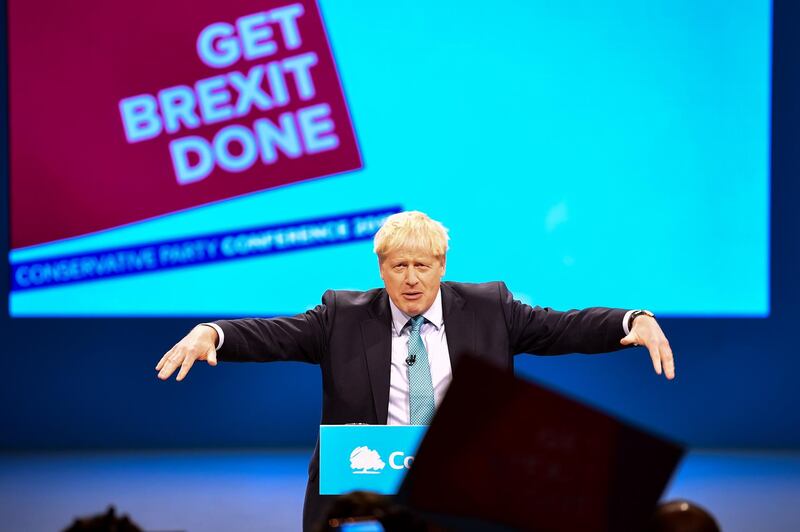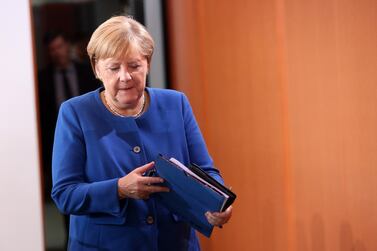Britain's new deal for Brexit is all about Ireland.
Boris Johnson has honed in on the trading arrangements for the Irish border contained in his predecessor's Withdrawal Agreement. Instead of a permanent tie-up for the Northern Ireland economy, he proposes making this arrangement outside a traditional customs union and renewable every four years. The catch is that the devolved government in Belfast would be the gatekeeper to a rollover and it has been dissolved since 2017.
Today I have set out a fair and reasonable compromise for replacing the backstop so we can get Brexit done by 31 October. pic.twitter.com/66WpFGhThU
— Boris Johnson (@BorisJohnson) October 2, 2019
The European reaction is shock and suspicion.
Despite weeks of talks between officials on how to surmount their differences the reaction has been a sharp intake of breath by Brussels and the Irish in particular. Briefings throughout the day sought to allay concerns and explain how the radical revision of the Withdrawal Agreement would work in practice.
Initial view, requires EU & IRE to accept:
— Raoul Ruparel (@RaoulRuparel) October 2, 2019
-Prospect of hard border if DUP don't agree in NIA
-Significant exemption from UCC & VAT questioning integrity of SM and CU
-Big change to way of life on island of Ireland, burdensome for biz
Conclusion: Little to no chance of success https://t.co/BNOW2e2R47
Britain could still crash out of the EU without a deal on October 31
The next days are crucial. If the EU agrees between its remaining 27 member states to engage in detailed talks on the proposal there is a chance of closing a new agreement in the next two weeks. Since Mr Johnson has repeatedly said he will not ask the EU for an extension to the current Brexit deadline, he maintains he is ready for a no-deal exit at the end of the month regardless.
His domestic opponents are preparing fresh attempts to block him.
Time is too short for a general election to usher in a new government. Anyway parliament has refused to take this option. According to a rebel bill passed last month, Mr Johnson must request an extension to the deadline if he cannot secure a deal. The prime minister's political rivals from the opposition Labour party to Conservative MPs expelled by Mr Johnson have opened talks on how to replace him with a temporary government of national unity. The idea is this could prevent a no-deal Brexit before triggering a fresh election in weeks or months.







